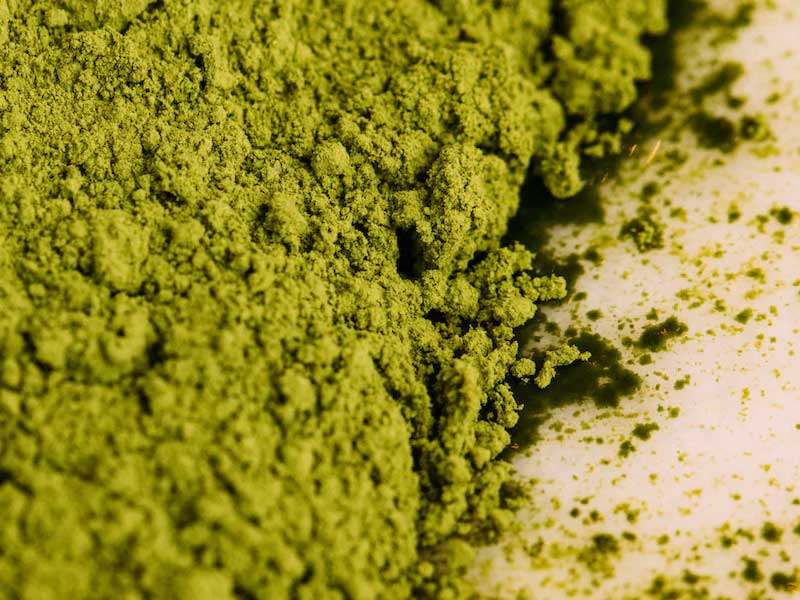Data Dive Amazon FBA Tool: Complete Review & Setup Guide
Amazon FBA (Fulfillment by Amazon) has revolutionized e-commerce, allowing sellers to focus on product selection and marketing while Amazon handles storage, shipping, and customer service. But success on Amazon requires more than just good products—it… Data Dive Amazon FBA Tool: Complete Review & Setup Guide

